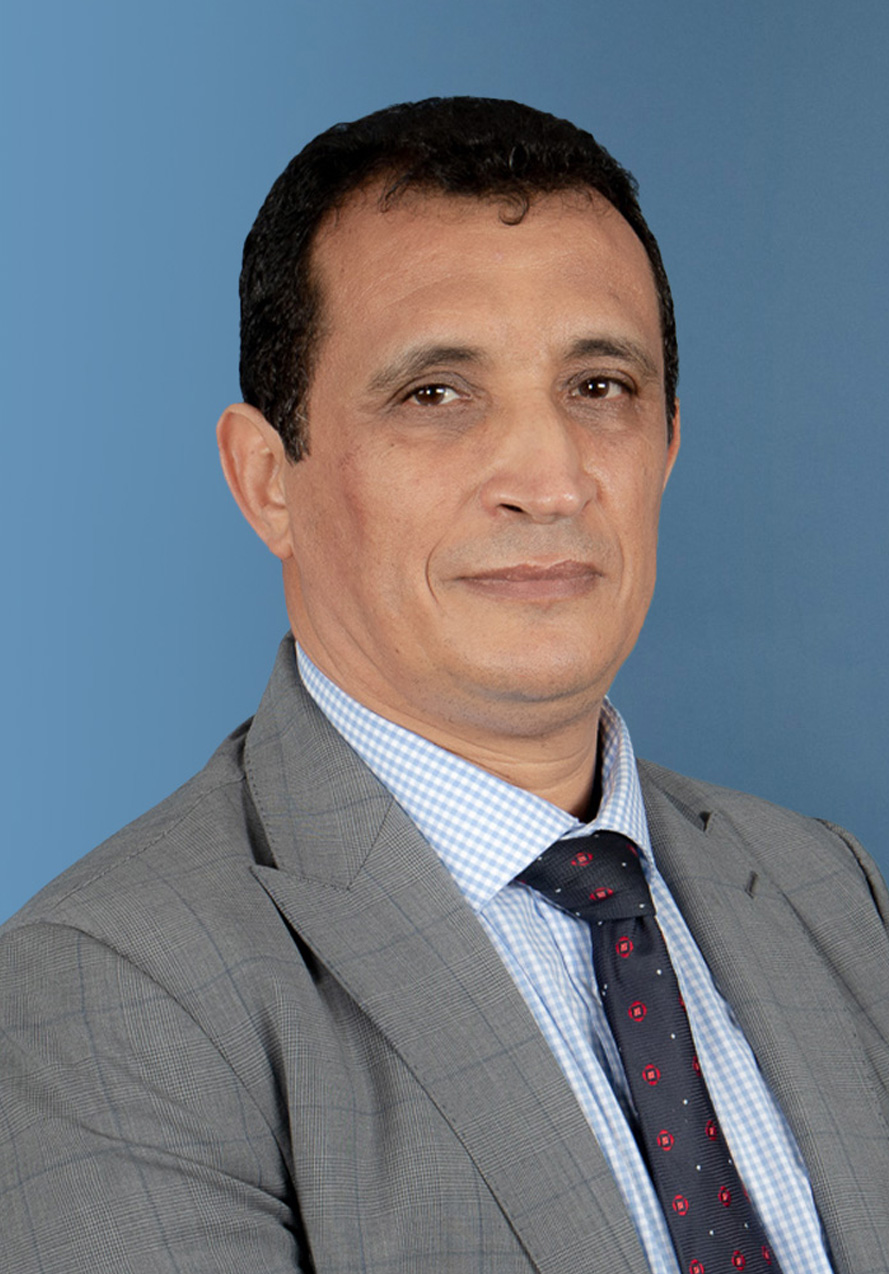Le Burkina Faso face au COVID-19: Interview de Maimouna Thiombiano par Rachid El Houdaigui
April 21, 2020
Interview de Madame La Secrétaire Générale du Ministère de la Sécurité du Burkina Faso, Maimouna THIOMBIANO par Rachid El Houdaigui Senior fellow au Policy Center for the New South Questions: - Comment se présente la situation au Burkina Faso ? - Quelles sont les dispositions prises par l’Etat ? - La crise du COVID-19 sera-t-elle un déclencheur d’une solidarité africaine plus marquée ou plus soutenue ?
Speakers

Rachid El Houdaigui
Senior Fellow
Rachid El Houdaïgui is a Senior Fellow at the Policy Center for the New South and an Affiliate Professor at Mohammed VI Polytechnic University. He also serves as a professor of International Relations at Abdelmalek Essaadi University's Law Faculty in Tangier. His expertise encompasses international relations, geopolitics, defense and security, focusing on the Mediterranean region, North Africa, and the Arab world. He also serves as a professor at the Royal College of Advanced Military Studies in Kenitra and is a visiting professor at Cergy-Pontoise University (Paris), Cadiz University (Spain), and La Sagesse University (Beirut, Lebanon).
He is the founder of the Moroccan-Spanish review "Peace and International Security" and oversees the Observatory of Mediterranean St ...








